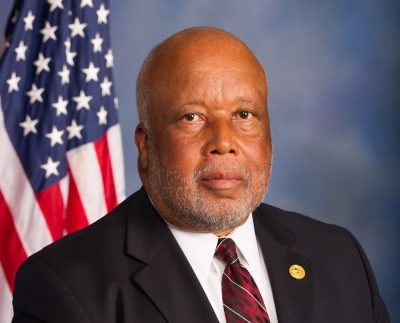
Attorney General Lynn Fitch
“We stand with LTC Dunn and the thousands of other service members seeking religious exemption to the Biden Military Vaccine Mandate,” Fitch said.
In August 2021, the Department of Defense (DOD) announced plans to implement a COVID-19 vaccine mandates for active duty and Ready Reserve service members. While the mandate includes a religious liberty exemption, few have been granted.
On Tuesday, Mississippi Attorney General Lynn Fitch led a coalition of 23 states in filing an amicus brief in Dunn v Austin in support of Lieutenant Colonel Jonathan Dunn’s challenge regarding the Biden Administration’s COVID-19 vaccine mandate on those serving in the armed forces.
Lieutenant Colonel Jonathan Dunn challenged the Administration’s denial of an accommodation for his sincere religious objection to obtaining the vaccine. Dunn filed an emergency application to the U.S. Supreme Court seeking an injunction to prevent him from being discharged or disciplined by the U.S. Air Force due to his vaccination status.
“LTC Dunn has spent two decades laying his life on the line to defend our freedoms,” said Attorney General Lynn Fitch, “and now the nation he has served is willing to cast aside his freedom in pursuit of a political agenda with no sound basis in fact, law, or true interest in military readiness.”
“We stand with LTC Dunn and the thousands of other service members seeking religious exemption to the Biden Military Vaccine Mandate. Religious liberty is the anchor for all other freedoms, the first, best, and final safeguard against tyranny. If deference is due in this case, it is to that most fundamental freedom,” Fitch continued.
Then brief notes that the Air Force has approved almost no religious exemptions. Of the 7,693 requests for such exemptions, 32 have been granted. Even accounting for the 2,827 requests still pending, that results in a denial rate of 99.34%.
In the amicus brief, the 23 Attorneys General write that the Court has at times afforded deference to military authorities on military matters and that the Administration claims that it is due such deference here.
“Deference to military authorities makes sense when those authorities’ judgments reflect trustworthy, non-political assessments of sensitive matters within their unique expertise. But policymakers can, through their actions, erode those assumptions and the deference that might otherwise be due,” the brief states.
“This Court should discount the Administration’s claim to deference in this case. The Administration’s COVID-19 response—particularly its package of vaccine mandates—and the facts of Lt. Col. Dunn’s case undermine its claim for deference,” the Attorneys General said. “In the past year, courts have recognized the overreaching and flawed claims of legal authority underlying the Administration’s response, the tension between its policies and the facts, and its inconsistent statements and actions that undercut its claims of good faith and suggest pretext.”
The 23 state coalition argue that these recurring features of the Administration’s response provide a solid basis to believe that its actions toward Lt. Col. Dunn reflect political motivations rather than military judgment.
You can read the full amicus brief below.
23-State Coalition Supports Religious Liberty for Service Members by yallpolitics on Scribd











